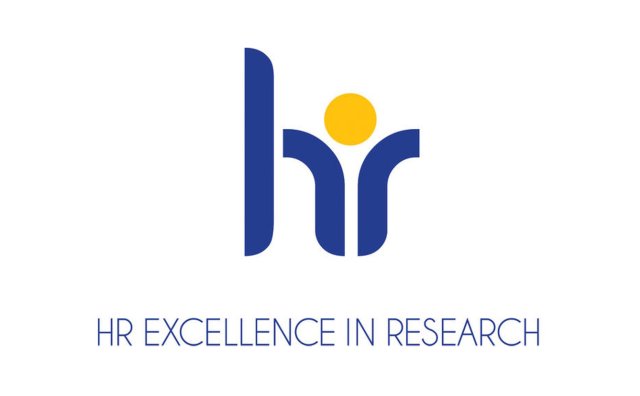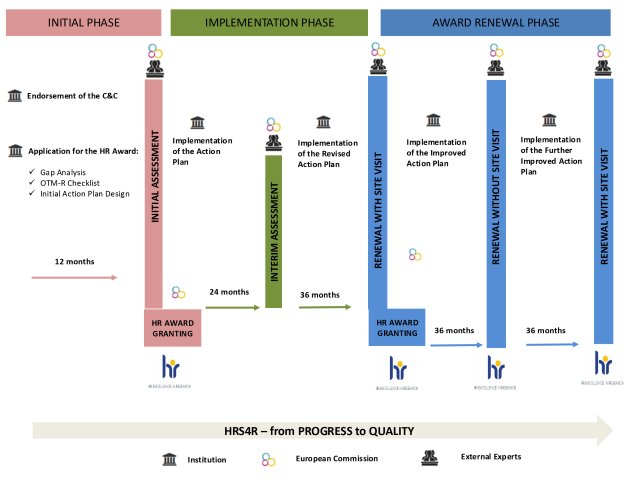
VID has applied for the HR Excellence in Research award
VID has applied for the HR Excellence in Research award. Since January 2024, we have been mapping how we meet the requirements of The European Charter for Researchers. This strategy (HRS4R) is intended to ensure good working conditions and predictable careers for researchers, regardless of where they are in their careers.
